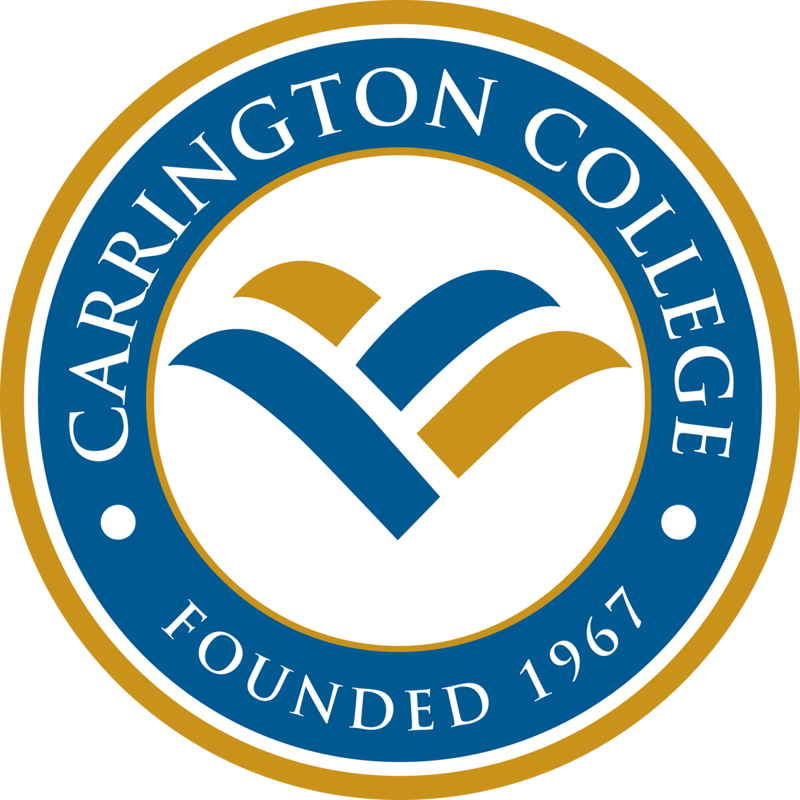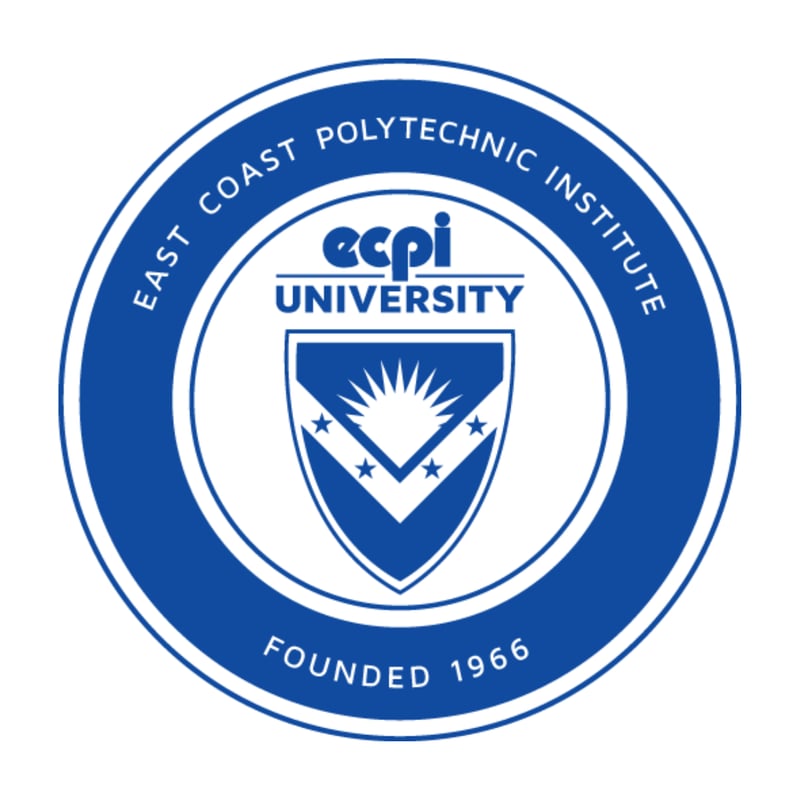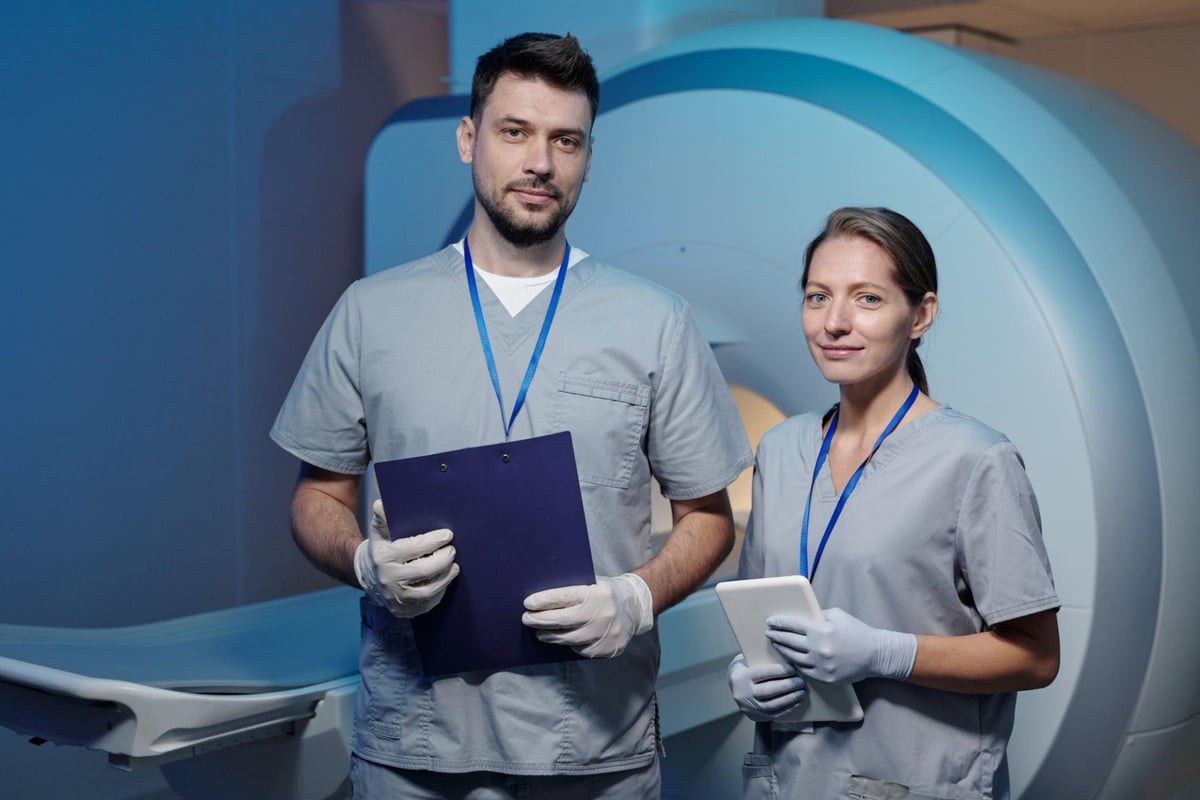
Financial aid (may be available)

Financial aid (may be available)

Financial aid (may be available)

$239 to start
$4,000 total
This associate degree program includes coursework, instruction and hands-on learning that will prepare you to work as a professional entry-level radiologic technologist. Course content covers both the personal and clinical skills needed in this role. At Pima Medical Institute, classes introduce topics such as anatomy and physiology and radiographic techniques, as well as communication and methods of patient care.
No cost info
Financial aid (may be available)

Financial aid (may be available)
$40 total
$125 total

No cost info
No cost info
No cost info
Focus on the creative career opportunities in the scientific field of radiology. Our Radiologic Technology program allows you to combine basic scientific principles with the creativity of art by taking radiographic images to aid with diagnosis of illness and injuries.
You can choose to take our program via the Lincoln track or the Distance track. If you take the Lincoln track, you will perform your clinical in Lincoln with courses offered in person; if you take the Distance track you will perform your clinical at a pre-approved hospital outside Lincoln and take your courses online. Once you complete the program you will have the skills necessary to be successful and prepared to take the American Registry of Radiologic Technologist Exam and apply for state licensure where you choose to work.
No cost info
In as few as 24 months, you could be ready to work as a radiologic technologist.1 With an Associate's degree in Radiologic Technology, gain proficiency in diagnostic imaging, physiology and radiation safety, and learn to confidently convey assured leadership with patients. With hands-on experience at clinical sites, on-campus labs, diverse clinical practicum settings and online coursework, you’ll be confident in your skills outside of the classroom and ready to start your career.
No cost info
Phoenix, Arizona, is a vibrant city with a thriving job market, making it an excellent place for aspiring radiology technicians to pursue their career goals. The city's growing healthcare industry offers numerous opportunities for individuals looking to become radiology technicians and earn a competitive radiology technician salary. Whether you're interested in attending radiology technician schools or exploring online options, Phoenix has a variety of programs available to help you get started on your path to becoming a skilled radiology professional.

Radiology technicians, also known as radiologic technologists, are healthcare professionals responsible for operating various imaging equipment, such as X-ray machines, computed tomography (CT) scanners, and magnetic resonance imaging (MRI) machines. They play a crucial role in assisting physicians in diagnosing and treating medical conditions by capturing high-quality images of the human body.
To become a radiology technician, individuals typically need to complete a postsecondary education program, such as an associate's degree or a certificate program. These programs provide students with the necessary theoretical knowledge and practical skills to operate imaging equipment safely and effectively.
In Phoenix, the fastest path to becoming a radiology technician is through a certificate program, which can be completed in as little as one year. These programs are designed to provide students with the essential skills and knowledge required to sit for the American Registry of Radiologic Technologists (ARRT) certification exam.
Phoenix is home to several institutions that offer radiology technician classes, each with its own unique program structure and requirements. Here are a few examples:
Phoenix College: Phoenix College offers an Associate of Applied Science (AAS) degree in Radiologic Technology. The program takes two years to complete and covers a range of topics, including radiographic procedures, radiation protection, and patient care. Tuition for the program is approximately $10,000 for in-state students.
Carrington College: Carrington College's Phoenix campus offers a Radiography certificate program that can be completed in as little as 21 months. The program includes both classroom instruction and hands-on clinical training, preparing students for the ARRT certification exam. The total cost of the program is around $35,000.
Mesa Community College: Mesa Community College's Radiologic Technology program leads to an AAS degree and takes two years to complete. The program emphasizes practical training in various imaging modalities, including X-ray, CT, and MRI. Tuition for in-state students is approximately $8,000.
For those who prefer a more flexible learning environment, Phoenix also offers online options for radiology technician classes. One such example is the Radiologic Technology program at Pima Medical Institute, which allows students to complete the majority of their coursework online, with in-person clinical training requirements.
While free options for radiology technician classes are limited, some community colleges in the Phoenix area may offer tuition assistance or scholarship opportunities to help offset the cost of education. It's essential for prospective students to research and explore all available financial aid options to make their educational goals more accessible.
To become a certified radiology technician in Phoenix, individuals must pass the ARRT certification exam. This comprehensive exam covers a wide range of topics, including radiation physics, patient care, and imaging procedures. Once certified, radiology technicians must maintain their credentials through ongoing continuing education and professional development.
Phoenix's thriving healthcare industry provides numerous employment opportunities for certified radiology technicians. Potential employers include hospitals, diagnostic imaging centers, outpatient clinics, and private physician practices. According to the Bureau of Labor Statistics, the median annual salary for radiology technicians is $73,410, making it an attractive career choice for those seeking a stable and well-compensated profession.
Pursuing a career as a radiology technician in Phoenix can be a rewarding and fulfilling path. With a variety of educational options, including on-campus and online programs, as well as the potential for a competitive radiology technician salary, Phoenix offers an excellent environment for aspiring radiology professionals to become skilled in their field and contribute to the city's thriving healthcare landscape.
Dreambound's platform allows prospective students to find the right educational program for them through searching, filtering, and connecting with our extensive selection of career & technical education partners.
Dreambound has over 70 programs across healthcare, technology, business, and industrial trades. This includes programs such as Medical Billing, Cybersecurity, and welding.
Some of our schools offer financial aid for those who qualify. Many others offer payment plans, where you can pay the cost of class over time.
Yes, Dreambound offers many online programs. On Dreambound's search, you can filter by online, in-person, and hybrid (part online, part in-person).
Dreambound is completely free for you to use! We are supported by schools and organizations who pay to advertise on our website, so we can offer all of our career resources for free.